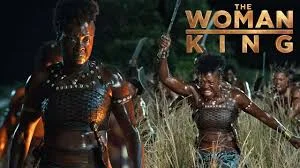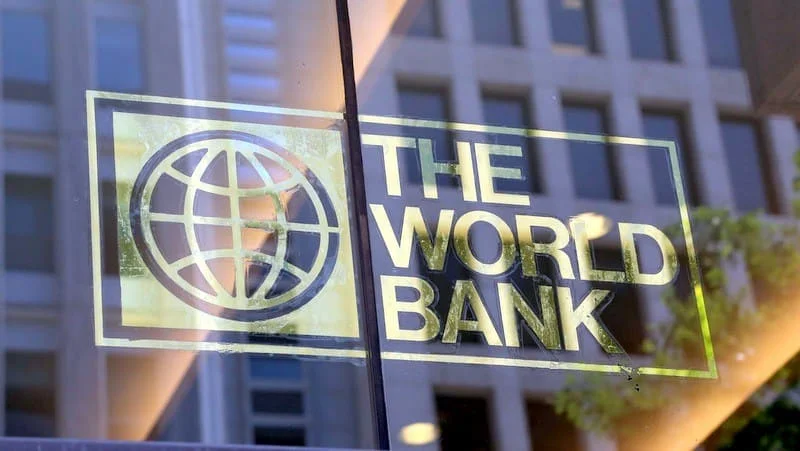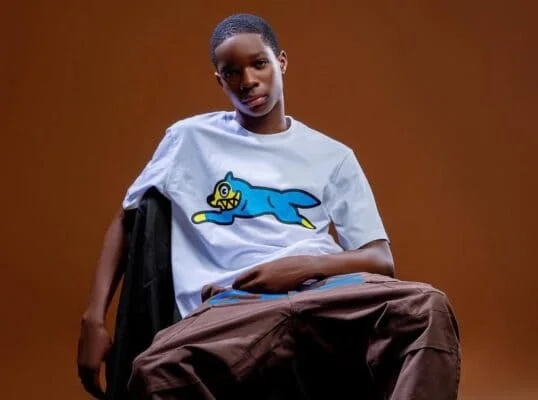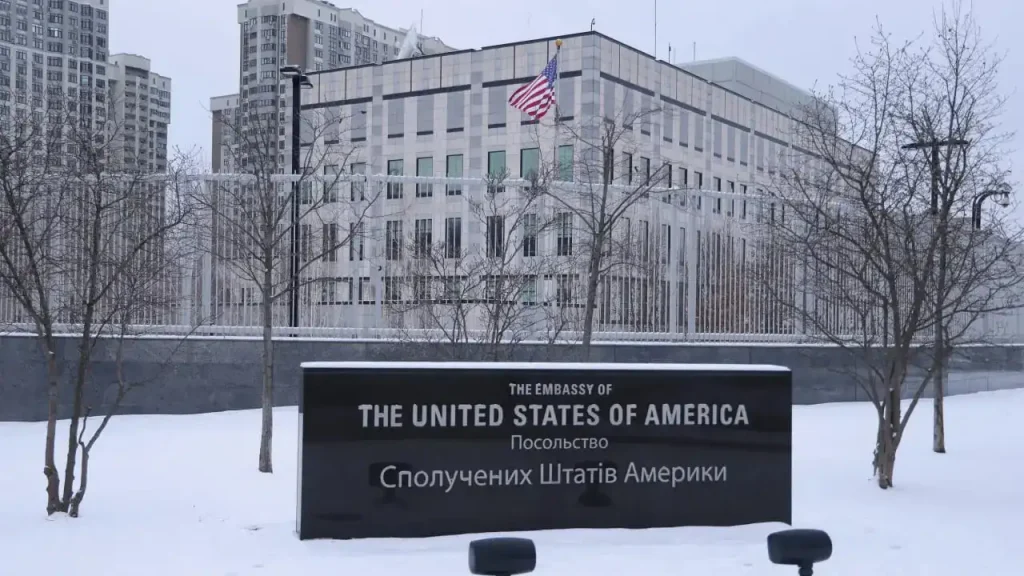 Acclaimed Ghanaian filmmaker Leila Djansi premiered her latest work, The Woman King, at the 2021 Berlin Film Festival. The historical epic, which tells the story of the all-female warrior unit from the Kingdom of Dahomey in West Africa, received positive reception during its screening. The film stars Academy Award-winning actress Viola Davis and Ghanaian actress Lydia Forson, whose performances have been praised by early viewers.
Acclaimed Ghanaian filmmaker Leila Djansi premiered her latest work, The Woman King, at the 2021 Berlin Film Festival. The historical epic, which tells the story of the all-female warrior unit from the Kingdom of Dahomey in West Africa, received positive reception during its screening. The film stars Academy Award-winning actress Viola Davis and Ghanaian actress Lydia Forson, whose performances have been praised by early viewers.
Djansi, known for her focus on socially conscious films, has once again delivered a narrative rooted in African history. The Woman King highlights the Agojie warriors of Dahomey, one of history’s few documented all-female military units, who fiercely defended their kingdom in the 18th and 19th centuries. The film showcases their strength, resilience, and contributions to African history.
Key Highlights from “The Woman King” Premiere
Storyline: “The Woman King” is set in the 18th century and follows the rise of General Nanisca, played by Viola Davis, who leads the Agojie warriors. The film chronicles the challenges they face as they defend the Kingdom of Dahomey from external threats, with a focus on courage, leadership, and unity.
Cultural Significance: Djansi’s choice to focus on African female warriors challenges traditional historical narratives. She stated during the post-screening Q&A session, “It was important to me to bring this story to the world stage and to give voice to the remarkable women who defended their land and people. Their story deserves to be told.”
Strong Performances: Viola Davis, known for her powerful screen presence, and Lydia Forson, one of Ghana’s top actresses, both received commendations for their performances. Forson’s portrayal of one of Nanisca’s lieutenants showcases her versatility as an actress, bridging the gap between Hollywood and African cinema.
Recognition for African Cinema
The premiere of The Woman King at the Berlin Film Festival is a significant moment for African cinema, further emphasizing the continent’s rich storytelling potential. Djansi’s film stands alongside other works that have gained international attention, contributing to the growing visibility of African filmmakers at global festivals.
The Berlin Film Festival, one of Europe’s most prestigious cinematic events, provided an international platform for the film’s debut. Critics have noted that the film is likely to spark conversations around African history and the representation of African women in global cinema.
Leila Djansi’s Vision
Djansi, who has previously directed films like Sinking Sands and Like Cotton Twines, has consistently explored themes of social justice, identity, and African history. With The Woman King, she aims to challenge stereotypes and offer a nuanced view of African leadership and strength, particularly through the lens of women warriors.
Next Steps
Following its premiere in Berlin, The Woman King is expected to be released globally later in the year. The film is likely to be entered into several other international film festivals, and early speculation suggests it could be a strong contender during the next award season.






















